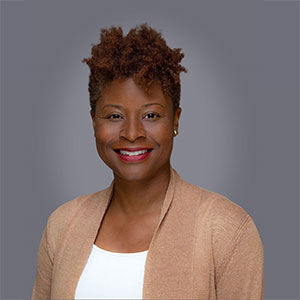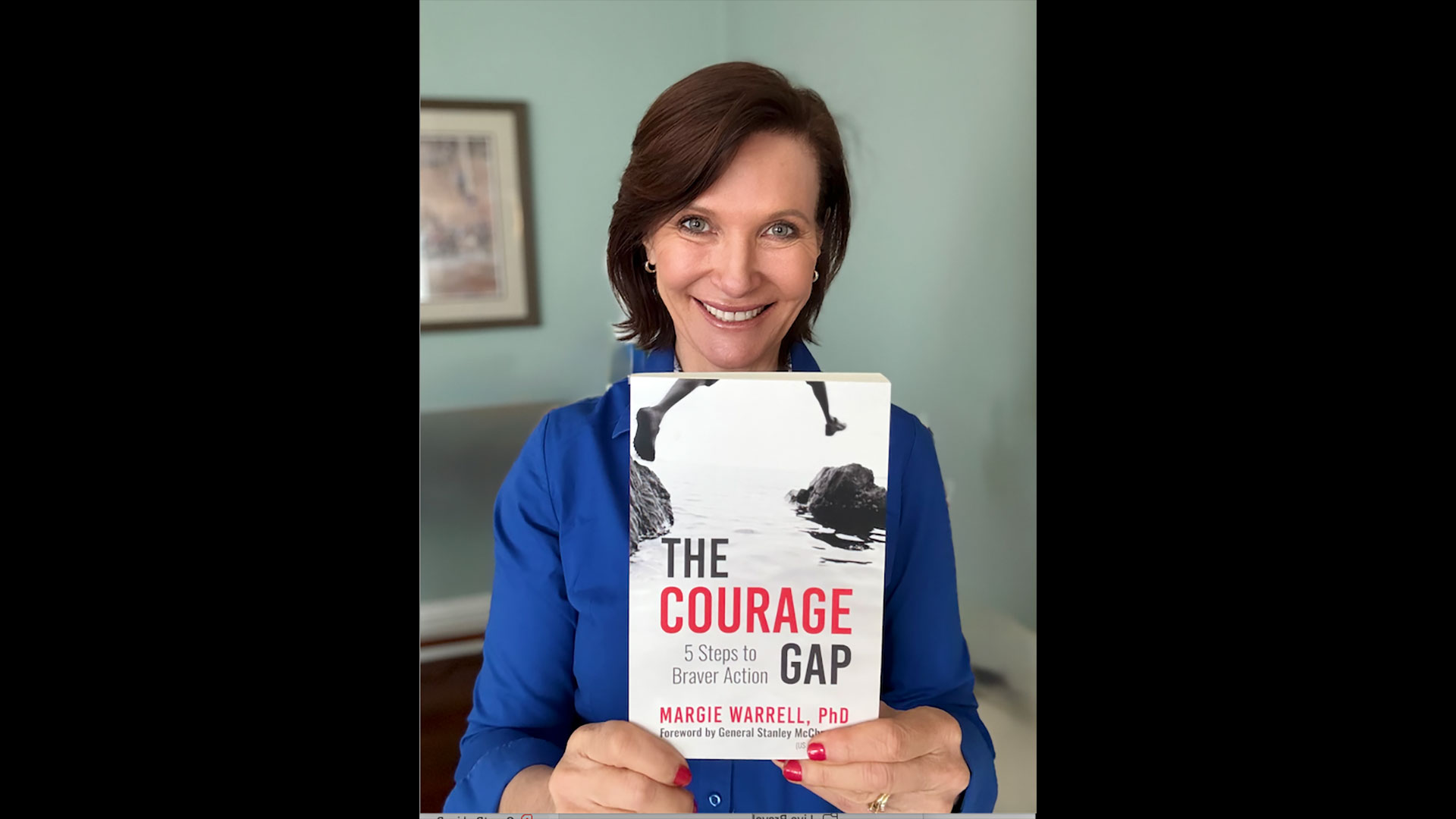To dream, to rest, to turn away from the toxicity of grind culture are radical acts of love for ourselves and our culture. I often speak about how naps will not save you if you are still upholding anti-Blackness, white supremacy, ableism, and patriarchy. All these things are the opposite of love and care. We cannot to continue to dream up new ways of being while still supporting systems of domination. We can’t simply talk about the hopes of a world centered in justice while we continue to exhaust ourselves and each other and remain in allegiance with grind culture. (p. 119, Hersey, 2022)
Tricia Hersey (Founder, the Nap Ministry), from Rest is Resistance: A Manifesto (2022)

Wendi Williams, Ph.D.
Of late, I have been drawn to the life practices of Indigenous and Black people who in everyday, big and small ways, seek justice through refusal. I first learned of the politics of refusal through the scholarship of Audra Simpson. In her 2014 book, Mohawk Interruptus: Political Life Across the Borders of Settler States, Simpson recounts the ways the Mohawk community evaded attempts to categorize their identity in ways that while meaningful for externally determining rights and access to land, held very little meaning for them. She contends, the complexity of naming as a “tripleness, quadrupleness, to consciousness and an endless play;” a means to wrestle power away from her academic discipline, anthropology. In her work, she sought to avoid the ideological academic capture of her people, the Mohawk of Kahnawake, all the while desiring to make their experience known and readable to that discipline. She wrote of their refusal of that capture went a little something like:
I am what you think I am, and I am who this person to the right of me thinks I am, and you are all full of it, and then maybe I will tell you to your face.
The Mohawk of Kahnawake declined to share information about themselves and instead kept it for themselves the meaning they would make of their relationship with and among one another. Who is family is who they say is. The refusal to share information was a chance to preserve the power to define relationship and resist the force of settler-colonialism that could distort those relationships.
Poet, author, artist and theologian, and community organizer Tricia Hersey advances another view of refusal. She asserts rest as a form of refusal of the constant push and pull of grind culture. Her online movement, The Nap Ministry, is born out of the Black liberation theology tradition and rests on the premise that constant work, labor, and movement are forms of oppression leaving many vulnerable not only to compromised mental and physical health, but also to the perpetuation of systems of domination that rob of us our human potential and the space to dream, to imagine.
In her book, Rest is Resistance: A Manifesto (2022), she recounts where her work, championing rest as form of resistance to systems of domination, was born. Guess where? Graduate school. She recounts reviewing her calendar of the first day of graduate in school in 2013 (Hersey, 2022, p. 115-116). She attended the Candler School of Theology at Emory University in Atlanta, GA. The mother of a middlegrades little boy, she chronicled a day that began at 5:30 a.m. (a time to study a bit before breakfast) and arriving home around midnight, after spending two hours on the Atlanta public transportation system, MARTA, which consisted of three buses and one train. Following bathing and a quick snack, she set her alarm to rise the next morning at 6 a.m. to do it all over again.
Does this sound familiar? I know it sounds familiar to me. I, too, had this type of schedule and attended graduate school in Atlanta. The role of graduate education to create and cultivate the conditions for grind culture is well-known. In many ways, it is a taken-for-granted expectation for what is a “normal” graduate school experience. But does it have to be?
It is from the context of this taken-for-grantedness that I write to you as your provost, the chief academic officer of the institution at which you are pursuing graduate studies. It is from this seat that I urge you to rest and restore yourselves as the year draws to a close. It is from this space that I ask you inquire into what makes deep rest and restoration difficult for you. At Fielding, the fields of leadership, human development, and psychology are our areas of practice and research expertise. And it is from within these fields that new and reimagined conception of engaging the world through our work may be possible. I certainly hope so.
To Fielding, I bring a commitment and focus to the value of wellness in our lives, in and of itself, and for the added value of a rested mind and heart to all the wonderful things we wish to do with our lives. The life within graduate school, and especially for mature adults, comes with many of life’s challenges for ourselves and our families. It is for this reason I was glad to learn of important resources available to our students and any individual in their home. All Fielding students and their households have access to clinicians, life coaches, financial and legal experts, and school/life specialists. The ACI Specialty Benefits Student Assistance offers complimentary support and referrals for various life challenges, including mental health, emergency housing and financial consultation, elder care, low-cost laptops, and care for elders and children.
To learn more, visit the website (https://acispecialtybenefits.com/program/student-assistance/) or call (800.977.7728) using our special Fielding Code: FGUY14439
I do hope the winter break provides time for rest and reconnection. I look forward to connecting with many of you during January Session and other engagements through the year.
In peace and gratitude,
Provost and Senior Vice President
Join Over 7,500 Fielding Alumni Located Around The World!
Change the world. Start with yours.™






Get Social